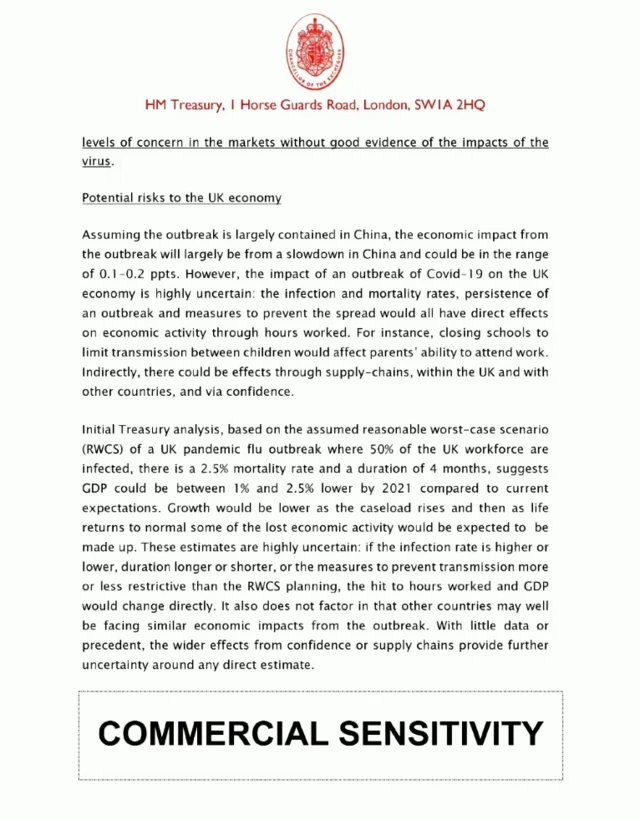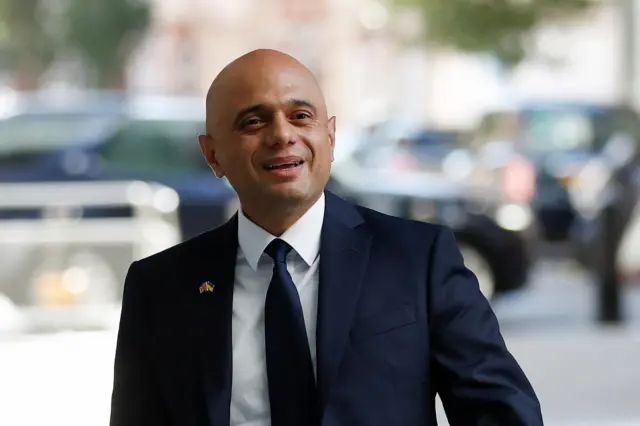Inquiry turns to Javid's time as health secretarypublished at 13:10 GMT 29 November 2023
Shortly before its break, the inquiry turned to look at Javid's time as health secretary.
He took up his post at the end of June 2021 just as there were discussions around the lifting of some of the restrictions. You may remember the build-up was towards what was called “step four” of the four-step plan.
The lawyer asked whether the lifting of restrictions on 19 July was being called “freedom day” in No 10 - but Javid stressed it was quite the opposite.
He said the virus was still around and he didn’t want the public to think that everything was “back to normal”. Only some restrictions were being lifted on 19 July with measures on border control and the "test, trace and isolate" directive still in place.
He told the inquiry that there was enough evidence to loosen the restrictions at this time.


